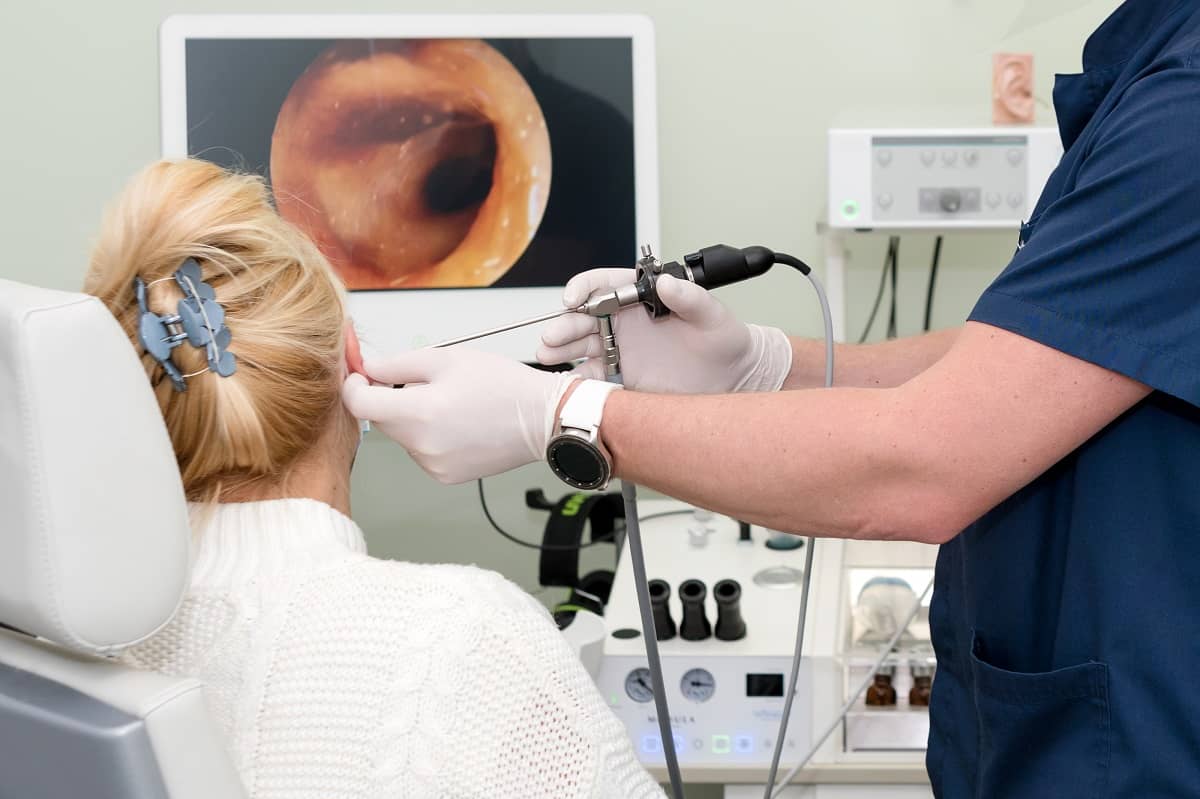- How Smoking Can Harm Your Ears - March 11, 2025
- Succeeding in the Workplace with Hearing Aids - February 10, 2025
- Welcoming the New Year with Better Hearing - January 2, 2025
With so many people, nearly 1 in 8, having some degree of hearing loss; what exactly causes it? There are numerous factors that can contribute to the development of hearing loss, and you may be surprised to learn the different factors that can take a toll on hearing e health. A few strange causes of hearing loss include:
- Airbags: these cushions provide life-saving support in the event of a collision. Found in the steering wheel and dashboard of a car, airbags quickly inflate to reduce risk of injury. Though it is an important safety feature, airbags can have side effects that are important to know about and this includes hearing loss. One study showed that 17% of people involved in car accidents that deployed the airbag experienced hearing loss. This can occur due to the force of coming against the airbag which can impact the auditory system, the sensory system for hearing. The force from airbags can damage bones, sensory cells, the eardrum and other components that are integral to how sound is absorbed and processed.
- Earbuds: the World Health Organization (WHO), over 1 billion people globally are at high risk of developing noise induced hearing loss from loud noise exposure. According to WHO, greatly contributing to this increased risk is exposure to excessive noise from personal audio devices. Earbuds are a common way that people listen to audio from personal devices like cell phones. It is common to listen to music, podcasts, and even talk on the phone using earbuds. Though they make listening to audio in various environments easy, earbuds can also deliver sound at high volumes. For example, earbuds that are connected to an iPhone playing audio on the highest volume setting, can reach around 102 decibels. For perspective, sound that exceeds 85 decibels is considered hazardous for hearing health. So at 102 decibels, safe exposure time is around 7 minutes! This highlights the risk earbuds can present for hearing health.
- Diabetes: the Centers of Disease Control & Prevention (CDC) estimates that 37 million people have diabetes in the U.S. Additionally, an estimated 1.5 million people are diagnosed with diabetes every year. Diabetes can impact health in various ways including increasing the risk of developing hearing loss. One major study which involved over 5,000 people found that among people with diabetes:
- 21% experienced a mild or greater hearing loss of low or mid-frequency sounds compared to 9% of participants without diabetes.
- Adults with prediabetes had a 30% higher rate of hearing loss.
These findings show that people with diabetes were more than twice as likely to experience hearing loss compared to those without diabetes. Diabetes can damage blood vessels, impacting blood flow throughout the body including the inner ear. This can impact how sound is absorbed and processed, contributing to hearing loss.
- Head Injuries: according to the CDC. over 3 million head injuries occur every year. Head injuries range from mild concussions to traumatic brain injuries. Extreme force to the head can tremendously impact health and one way it can is by causing hearing loss. Head injuries can damage various components of the auditory system including the sensory cells, bones in the middle ear, eardrum, as well as the portions of the brain that process auditory information.
- Smoking: there are several triggers that can also impact hearing health and this includes smoking. The active ingredient in cigarettes or e-cigarettes is nicotine which can affect blood vessels and blood flow according to experts. This can potentially impact how sound is processed in the inner ear. Studies have found that compared to nonsmokers, smokers were 60% more likely to develop high-frequency hearing loss and 20% more likely to develop low-frequency hearing loss. These findings support extensive research that shows a correlation between smoking and hearing loss.
These factors can irreparably damage hearing. If you are exposed to excessive noise, smoke, have existing medical conditions like diabetes, have been in a collision etc., it is important to prioritize your hearing health. You can do this by getting your hearing evaluated which involves a painless process. Contact us today to schedule an appointment for a hearing consultation. We look forward to supporting you as you prioritize your hearing health and wellness!


